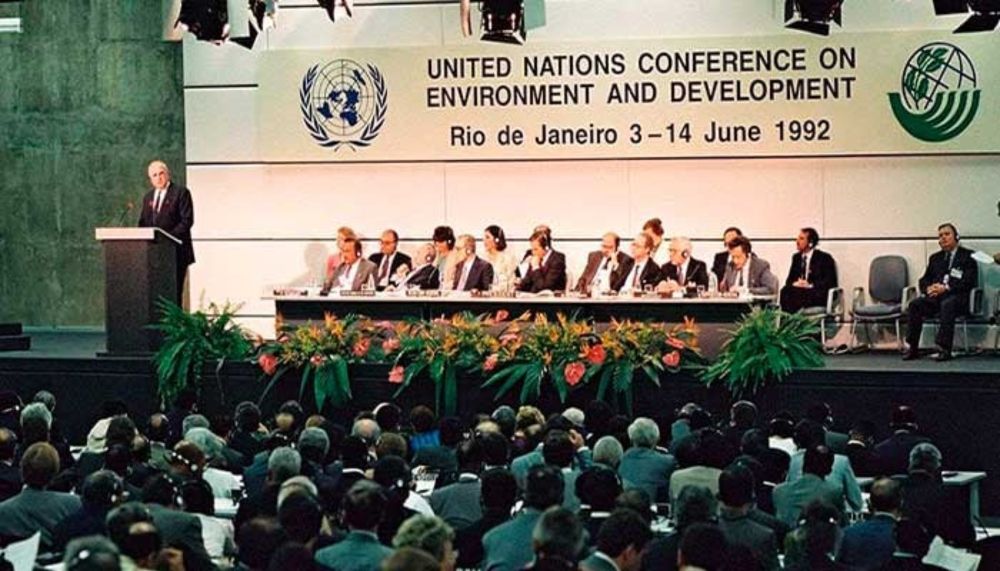
We are eager to showcase the important research being done in this field. Submit now!
Now FREE access to the complete Special Issue with C&D: www.tandfonline.com/journals/tcl...
@lisaschipper.bsky.social @climdevjournal.bsky.social @ebhite22.bsky.social

Now FREE access to the complete Special Issue with C&D: www.tandfonline.com/journals/tcl...
@lisaschipper.bsky.social @climdevjournal.bsky.social @ebhite22.bsky.social
We are eager to showcase the important research being done in this field. Submit now!

We are eager to showcase the important research being done in this field. Submit now!

We are eager to showcase the important research being done in this field. Submit now!
@climdevjournal.bsky.social @jamiehaverkamp.bsky.social @jakewdean.bsky.social @simonchinyee.bsky.social @daniellefalzon.bsky.social @paucastro.bsky.social @finejulia6.bsky.social

@climdevjournal.bsky.social @jamiehaverkamp.bsky.social @jakewdean.bsky.social @simonchinyee.bsky.social @daniellefalzon.bsky.social @paucastro.bsky.social @finejulia6.bsky.social


